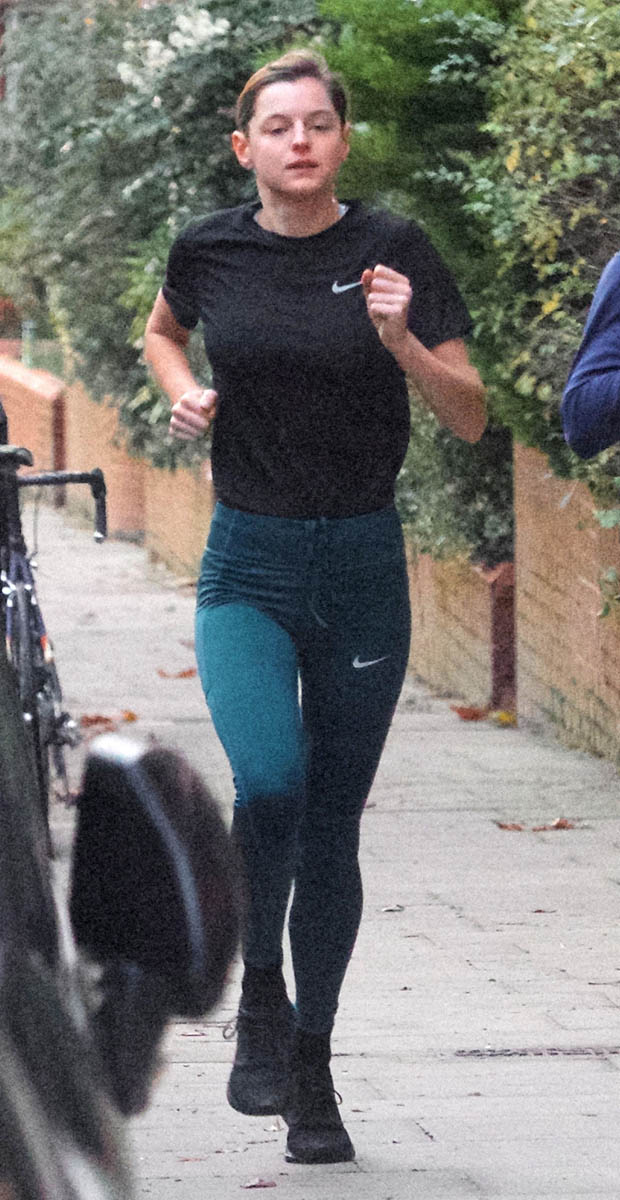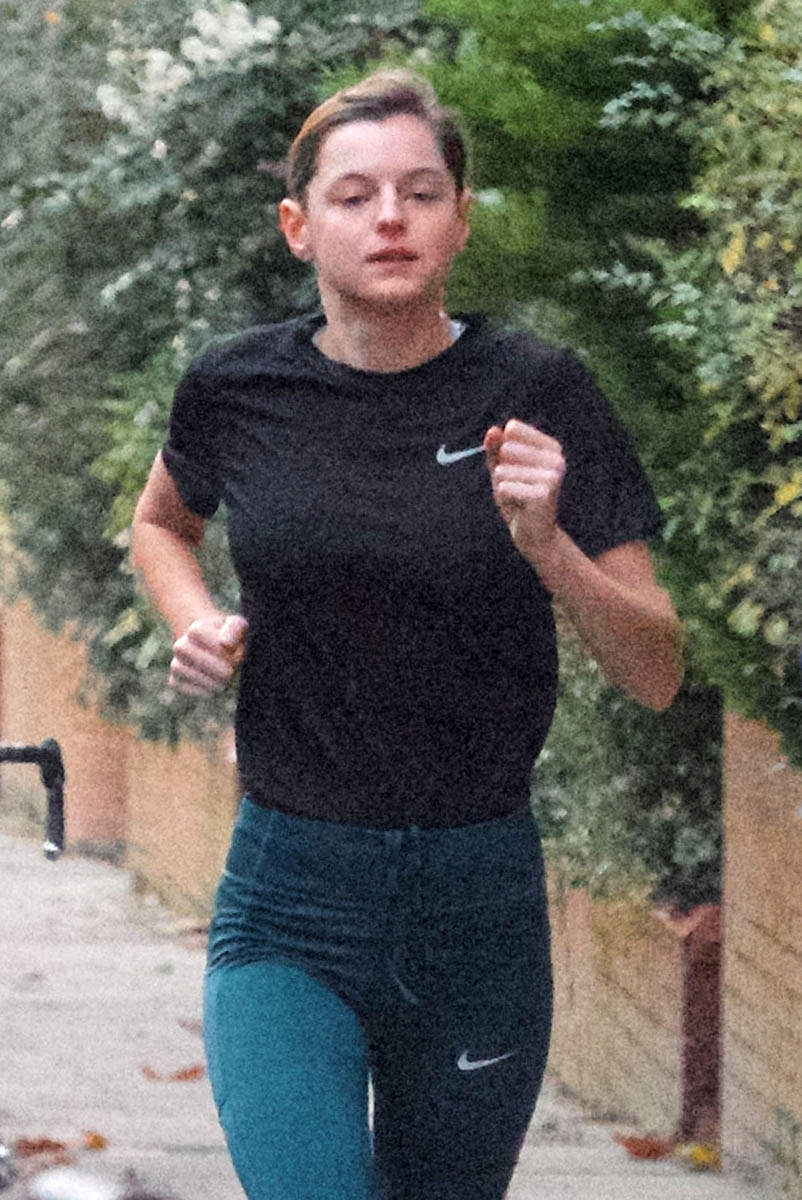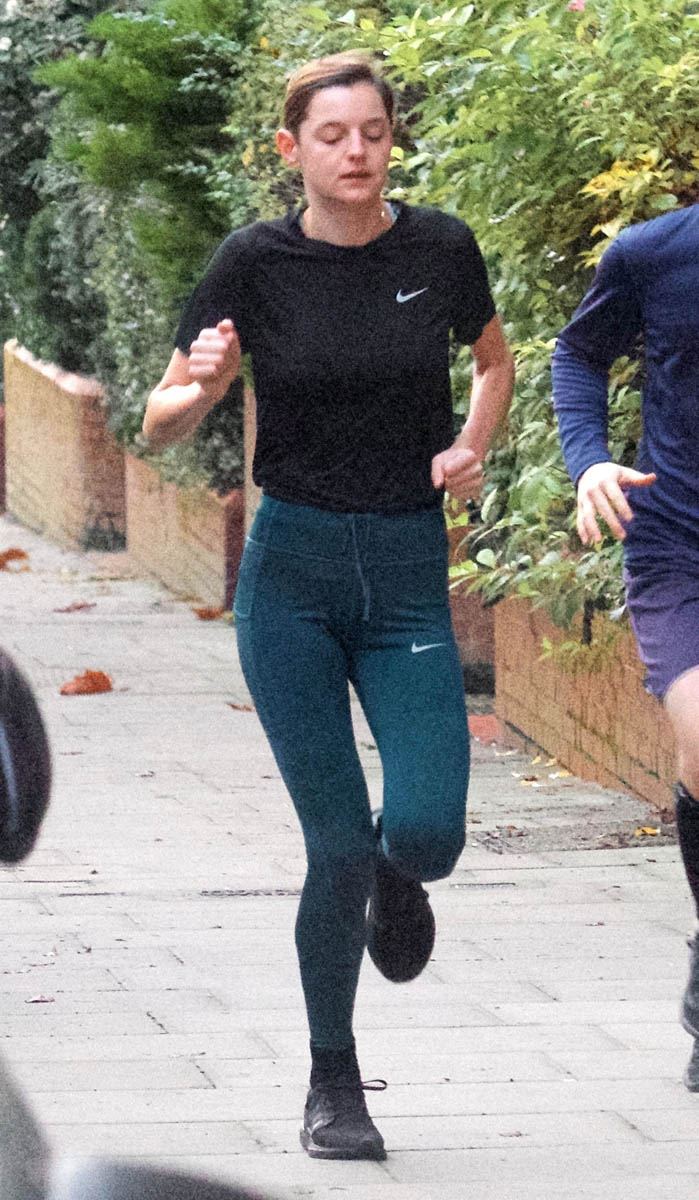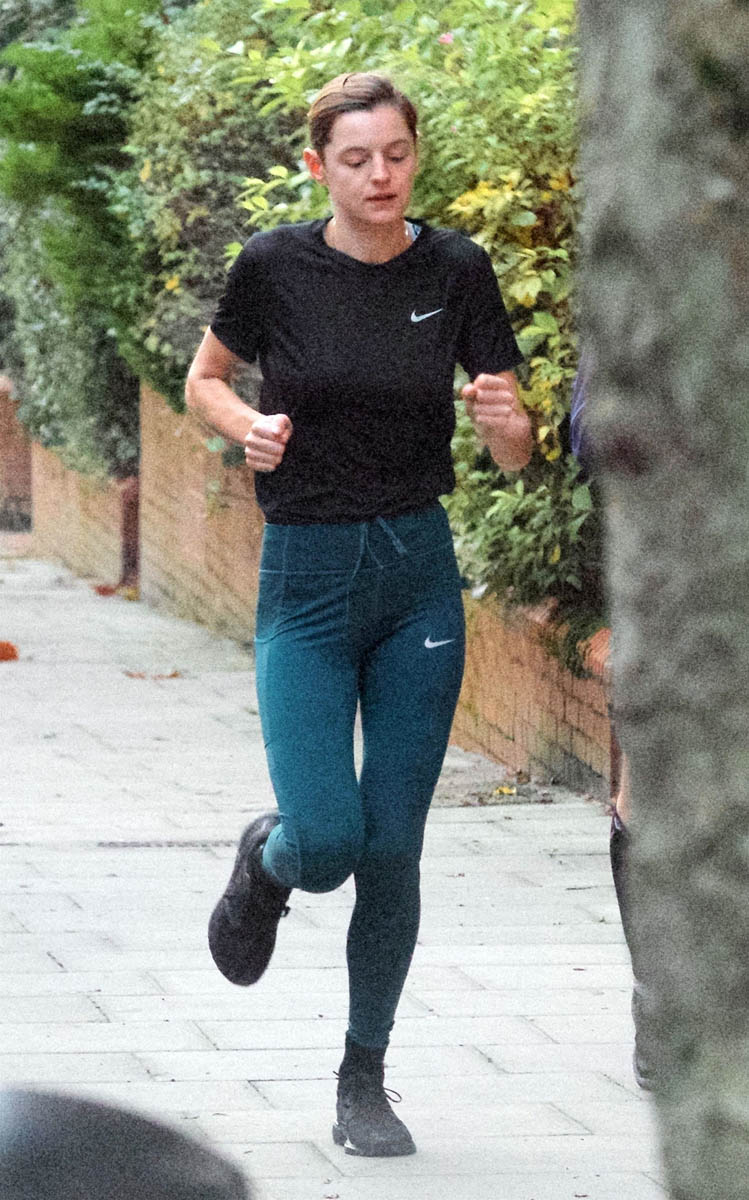The Crown is better than ever, thanks to Diana


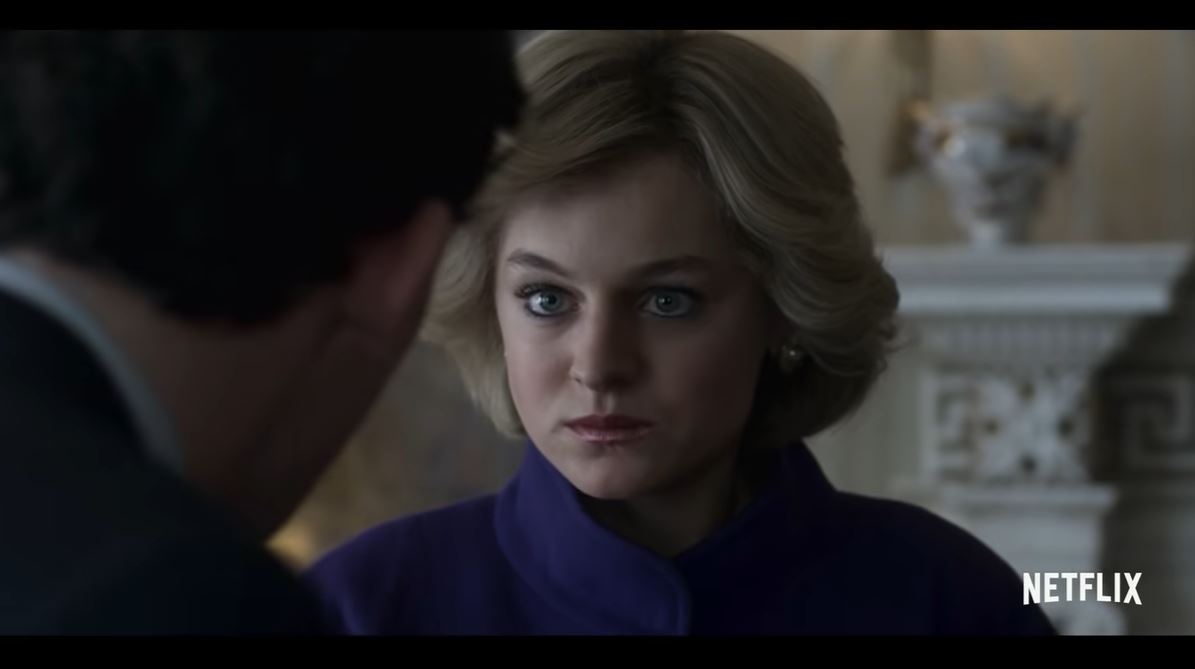
In season three, The Crown began to show some wear, being not as engaging as the first two seasons—especially season one—and not as well-balanced in its storylines. But in season four, The Crown comes roaring back, reenergized by the arrival of Princess Diana, much as the real Diana energized the royal family when she married Prince Charles in 1981. These are the Thatcher years, when Britain is faced with economic hardship, a war in the South Atlantic, and the tumultuous relationship of the Prince and Princess of Wales. The Crown dives into the royals’ turbulent 1980s with glee, for the first time offering a palpably critical meta-commentary on the royal family. It’s as if The Crown spent three seasons building up the myth of Queen Elizabeth II and the modern monarchy, only to take a hammer to the whole thing in season four, dispelling those myths much as Diana upset the popular perception of the royal family in real life.
Olivia Colman returns as Queen Elizabeth II, and she is, as ever, terrific. The returning cast from season three, in fact, continues to hold up their end phenomenally well—casting is never at issue with this show. Newcomer Emma Corrin is, simply, spectacular as Lady Diana Spencer, nailing her physicality and distinctive voice, while infusing Diana with a youthful capriciousness that sours through the decade into bitter disappointment. Young Diana, introduced in a whimsical scene talking to Prince Charles (Josh O’Connor) from behind a potted plant, is cute and bright and charming, and all the things that will make her such a hit with the public. But Charles is miserable, grief-stricken by the death of Dickie Mountbatten (Charles Dance), whose death-by-bombing is the lone mention the Irish troubles get in the entire season, and still heart-sore as Camilla (Emerald Fennell) is now officially Mrs. Parker-Bowles. He says he wants someone “fun” to take his mind off things, and here is spritely Diana, sweet and wholesome and so, so young.
The Crown does not offer a version of events different from the largely accepted public narrative of the Charles-Diana catastrophe. He never loved her, she wanted desperately to be loved, he was jealous and petty, she was captivating and beloved, he never stopped seeing Camilla, she eventually took lovers of her own—The Crown hits all these beats. It also includes Diana’s struggle with bulimia, with specific episodes tagged with warnings when those scenes appear, as well as the attempts by the couple to fix their relationship, though both efforts are false starts; they are simply too different to understand one another, and Charles, it is clear, has ZERO interest in Diana as a partner. He is emotionally fulfilled by Camilla, he just can’t live openly with her. Interestingly, Camilla doesn’t seem super into being Charles’s wife. She seems happy enough as his mistress and would be content to live in peaceful détente with Diana, though Diana turns out to be resistant to the old aristocratic arrangement of public marriage, private love affair. And Charles is, as he keeps saying, wretchedly unhappy and nothing will satisfy him but to be with Camilla.
Balancing out the Diana drama is the frosty relationship between the queen and her new prime minister, Margaret Thatcher (Gillian Anderson). Whatever Anderson is doing as Thatcher, it doesn’t work for me. There is an uncomfortable stiffness in her performance that suggests a woman who has carefully controlled and/or created every aspect of her being in order to achieve her ends, but Anderson is laboring so obviously and so hard that it becomes distracting. If you can get past the sheer effort of it all, the queen’s audiences with Thatcher are great. Initially, it seems the women might get along, as Thatcher finds the queen more “interested” than she expected. But Thatcher is quickly disillusioned with the queen and her whole family. A disastrous trip to Balmoral only reveals how little the two women have in common, and though Thatcher is an utterly detestable figure and I think The Crown is wasting time trying to build any sympathy for her, when she drags the royal family for having no “there” there, she is not wrong. They ARE rude, boorish snobs, with no glitz or glamour beyond the refracted lights of tiaras and crowns.
More than any previous season, this season of The Crown is the least impressed by the Windsors. Diana’s rockstar popularity threatens all of them; even Princess Anne (Erin Dougherty), the least dramatic of the royal siblings, dislikes being compared negatively to Diana. The Crown is a dramatization, but it has always had an element of fictive truth and that truth is sharper than ever in season four. Every mistake the family makes with Diana, they have since made again (mostly with Meghan Markle), and the call-and-response of the show and the real royal family is loud and clear. The episode “Favourites” stands out particularly, as the queen visits with each of her children for no reason other than to establish how godawful they all are (Anne comes off the least-bad, in keeping with her popular perception as a no-nonsense royal. Out of touch? Yes, of course. Actively detestable? No). Prince Andrew gets the worst of it, but none of the Windsors display their best colors this season. Margaret (Helena Bonham-Carter) is tired and worn, her health failing, and her heart broken all over again when she is demoted from senior royal status in favor of Elizabeth’s now-adult children, which deprives her of opportunities to work. There is a clear thread regarding second siblings struggling to find their place that calls to Harry’s decision to quit the whole thing and blaze his own trail. If only Margaret could have Margexited!
It is impossible to watch season four of The Crown and not think about the more modern scandals of the royal family. That is undoubtedly intentional, though it does not reflect well on the queen, for the first time. In previous seasons—in her younger years—Elizabeth is painted as a dutiful daughter and monarch, doing what is expected and tamping down all her personal preferences in service of the crown. Now, however, comfortably ensconced for decades on the seat of power, a grandmother and a matriarch, she is shown to be weak and ineffectual, the progenitor of toxic brats, and her coldness does not serve with her volatile, emotional daughter-in-law who is upending her whole family and dominating the public’s affection and imagination. This is a family that is failing, that rejects any chance to modernize, and drives away anyone the least bit interesting or engaging, and now contrasting with Diana’s vivacity, the Windsors seem dead boring to boot. The Crown is, at heart, an extremely expensive soap opera and this season more than any other revels in its sheer soapy drama, running on the same burst of energy the real Diana brought to the royal family. And just like the real royals, The Crown benefits from the arrival of Diana Spencer.
The Crown is now streaming on Netflix.
Also attached - Emma Corrin out for a jog in London last week.

